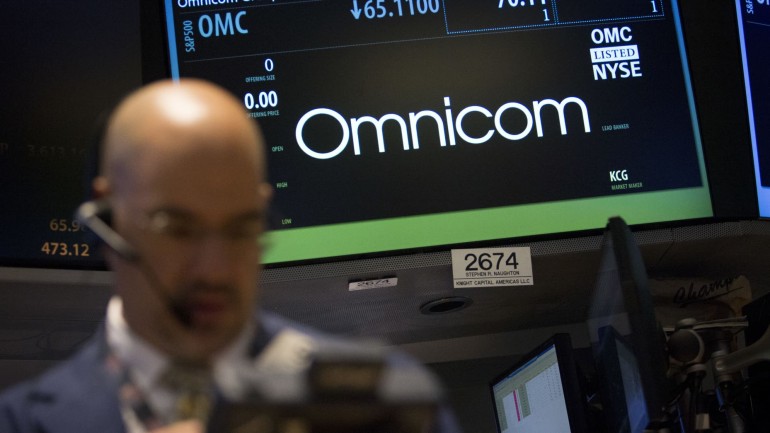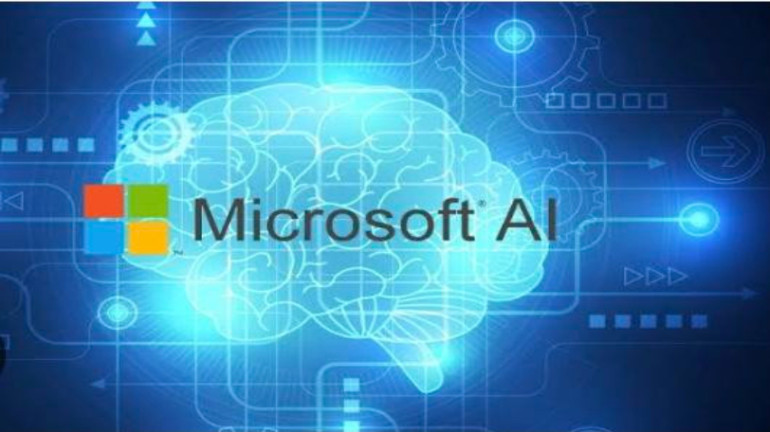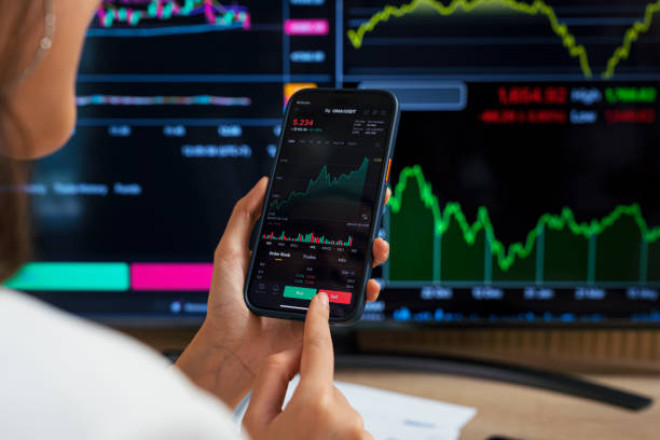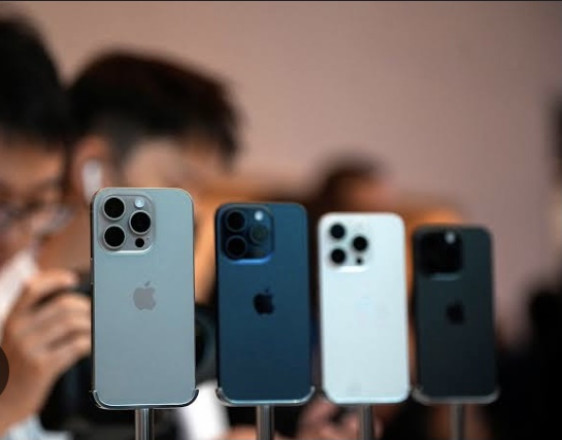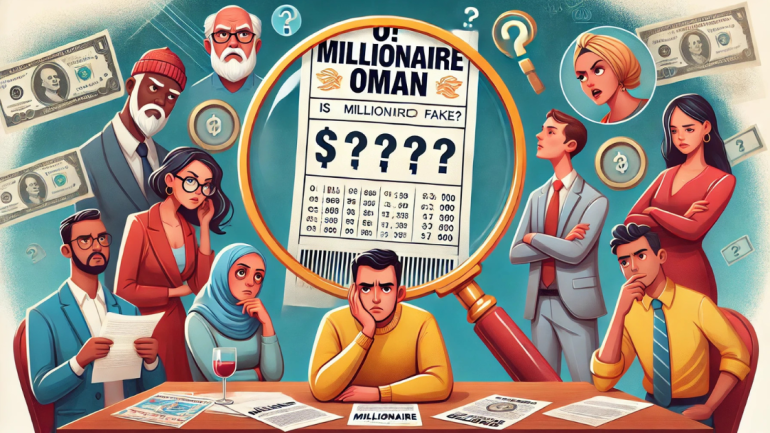Two of the advertising world's most prominent agencies, renowned for creating cultural touchstone campaigns like "Got Milk?" and Mastercard's "Priceless," are joining forces in a bold move to establish the largest advertising agency in the world.
This proposed merger signals a seismic shift in the marketing and advertising industry, consolidating decades of creative expertise, resources, and global influence. While details of the merger remain under wraps, the combined entity is poised to dominate the global advertising landscape by leveraging their rich history of impactful campaigns, cutting-edge technology, and unparalleled market reach.
The merger comes at a time when the advertising landscape is rapidly evolving due to advances in technology, the rise of digital platforms, and changing consumer behaviors. By combining their resources, the two companies aim to navigate these shifts more effectively while continuing to set new standards for creativity and innovation.
As the advertising world anticipates this merger's official confirmation and execution, industry experts speculate it could lead to groundbreaking changes in how brands communicate with consumers globally.
This move underscores the growing importance of consolidation as agencies seek to remain competitive in a market increasingly dominated by tech-driven and data-centric strategies.
For brands and consumers alike, the merger could mark the beginning of a new era in advertising-one defined by a blend of creative legacy and forward-thinking innovation. The company will worth 30 billion dollars.
The CEO of Omnicorn and John Wren, chairman said, that the company’s progess would accelerate greatly in short time when we significantly increase and expand technological advances altogether.
Additionally, he said, that this would be the perfect time frame to enable more efficient, capabilities, talent and geographical foot prints to bring buyers superior in the value added market.
Tech Giants Reshape Advertising Industry with Al and Strategic Consolidation
In a rapidly evolving advertising landscape, tech giants like Google and Amazon have been steadily drawing marketing dollars away from traditional agencies by offering sophisticated advertising tools and digital marketplaces.
This shift, powered by advancements in artificial intelligence (Al), is forcing legacy firms to adapt or risk losing relevance.
The Rise of Al in Advertising
The growing reliance on Al tools has transformed how businesses approach advertising.
These technologies enable companies to create ads faster and at lower costs, putting traditional agencies under pressure to develop similar capabilities in-house. John Wren, CEO of Omnicom Group, emphasized the importance of staying ahead of these disruptions:
"This move allows us to take control of our own future rather than wait for technology to impact it in ways that you can't anticipate today."
By leveraging Al, firms can enhance efficiency and creativity, making it a cornerstone of competition in the advertising sector.
A Game-Changing Merger
In response to these industry challenges, two of the world's largest marketing firms— Omnicom Group and the Interpublic Group of Companies (IPG)-have announced a
merger that will reshape the marketing and advertising landscape. The combined entity is set to capitalize on emerging technologies like Al while broadening its services across specialty areas, including healthcare, experiential marketing, and public relations.
According to JPMorgan analyst David Karnovsky, the merger positions the new company as a leader across both advertising and marketing services.
"We estimate both companies have an approximately 50/50 split between advertising and marketing services, setting up a strong position not only in creative and media but also across areas like specialty healthcare, experiential, and PR,"Karnovsky noted.
The merger also reflects broader industry trends, where consolidation is viewed as a strategic response to divergent growth patterns and the need for significant investment in generative Al technologies.
Transaction Details and Shareholder Impact
Under the terms of the deal, IPG shareholders will receive 0.344 Omnicom shares for each IPG share they own. Once the transaction is finalised, Omnicom shareholders will hold a 60.6% stake in the combined company, while IPG shareholders will own 39.4%.
The merger aims to create a marketing powerhouse that is better equipped to compete in an era of digital transformation, providing both companies with scale, technological expertise, and a diversified portfolio of services.
As the advertising industry braces for an investment cycle in generative Al, this merger is a bold step forward. By combining resources and expertise, Omnicom and IPG are not only securing their futures but also redefining the boundaries of what a modern advertising agency can achieve. This strategic alignment underscores the importance of innovation and adaptability in an increasingly Al-driven marketplace.

